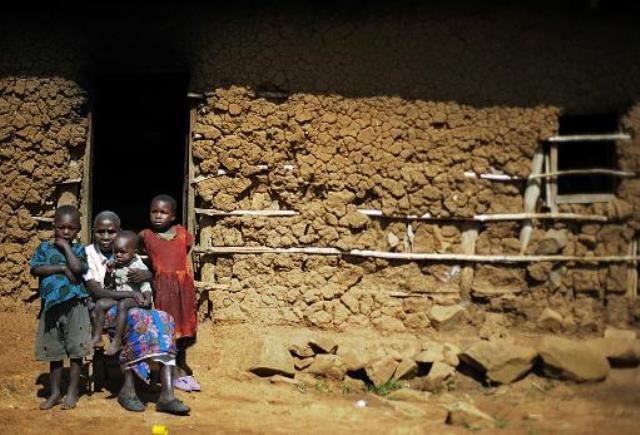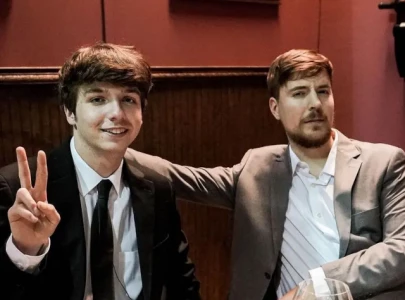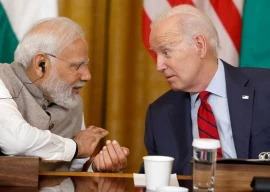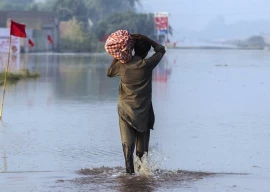
Female genital mutilation (FGM) can range from female circumcision to the removal of the entire female genitalia.
Some 800 school girls fled to shelters run by charities and church organisations, which offer protection during the months FGM is traditionally carried out, from October to December.
Some of the shelters are given police protection to ensure the girls remain safe.
Minister of Labour and Employment Gaudensia Kabaka called on traditional leaders to use their influence to stop "this retrograde practice."
Campaigners call the dangerous practice mutilation rather than the term female circumcision, so as to make clear the dangers it involves and the harm it causes.
Apart from the intense pain itself, immediate dangers include bleeding and infection.
In the longer term, risks include infertility and complications during childbirth, sometimes resulting in the death of the baby.
Some of the girls returning home explained that the safe houses were the only way they could ensure they would not be cut.
"My mother supported me, she did not want me to be cut, but my father began to beat me so I decided to come here," said one girl in tears, who had been sheltered in a centre run by the protestant church.
FGM was outlawed in Tanzania in 1998 and carries a punishment of up to 15 years in prison, but is still regularly carried out, especially in northern and central regions of the east African nation.
It continues to be carried out in secret, often in basic conditions without anaesthetic.
In November, UN chief Ban Ki-moon launched a global campaign to end FGM within a generation.
More than 125 million women have been mutilated in 29 countries in Africa and the Middle East, according to the World Health Organization (WHO), which condemns the practice as a "violation of the human rights" of women.
COMMENTS (8)
Comments are moderated and generally will be posted if they are on-topic and not abusive.
For more information, please see our Comments FAQ




1725967717-0/Untitled-design-(3)1725967717-0-165x106.webp)




1730561201-0/Express-Tribune-Web-(18)1730561201-0-270x192.webp)
1725355010-0/BeFunky_-(15)1725355010-0-270x192.webp)






wonderful news Stop genital mutilation female in Tanzania
Wonderful news religious believers of Tanzania has a moral obligation to follow the golden rules that ar human rights and raise awareness of the rights to gender equality and the fight against female genital mutilation
Isn't this practice linked to Islam?
I think that it is extremely important, while discussing FGM, that it is a cultural practice. Calling those who practice FGM as "worse than animals" is ignoring an entire cultural tradition. We now know that FGM has no medical benefits and is extremely dangerous to women, that women who do not wish to have this practice done to them should not be forced to or exposed to the dangers that this practice provides, we need to approach this human rights issue with composure and respect.
You need to respect the long practice of FGM, educate local people on the dangers of this practice, and empower communities to make a change to their long standing tradition in order to strengthen their community and provide women the power to make their own decisions.
Calling this practice "insanity" and "bigoted" is only denying a culture their history. Educating, respectfully, these local people and empowering the leaders of these communities to understand the dangers is the only way you can make change. Name calling never works, not even in elementary school.
Genital mutilation (female AND male) should be banned worldwide.
@Areeba Asad:
Sanity has its limits. Insanity know no bounds.
These people are worse then animals. Has the world lost its senses? To be a part of the 21st century and the minds still remains bigoted. Monstorous!